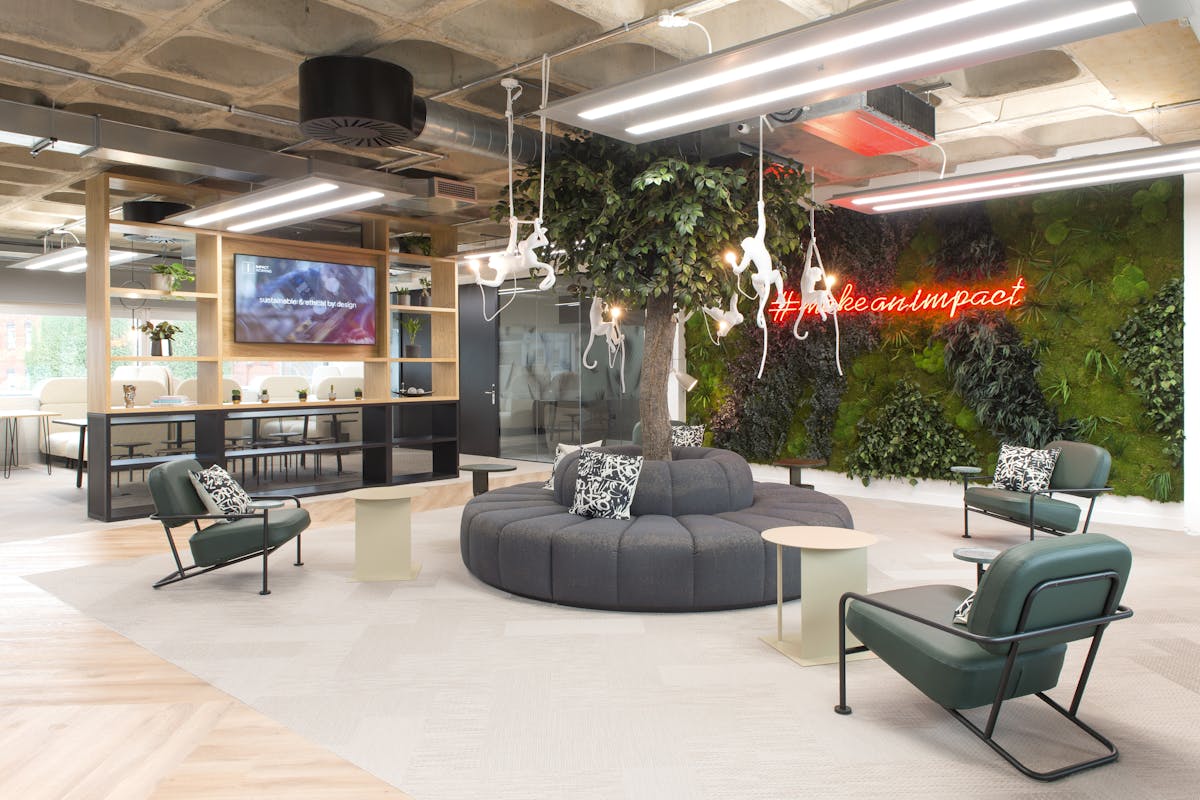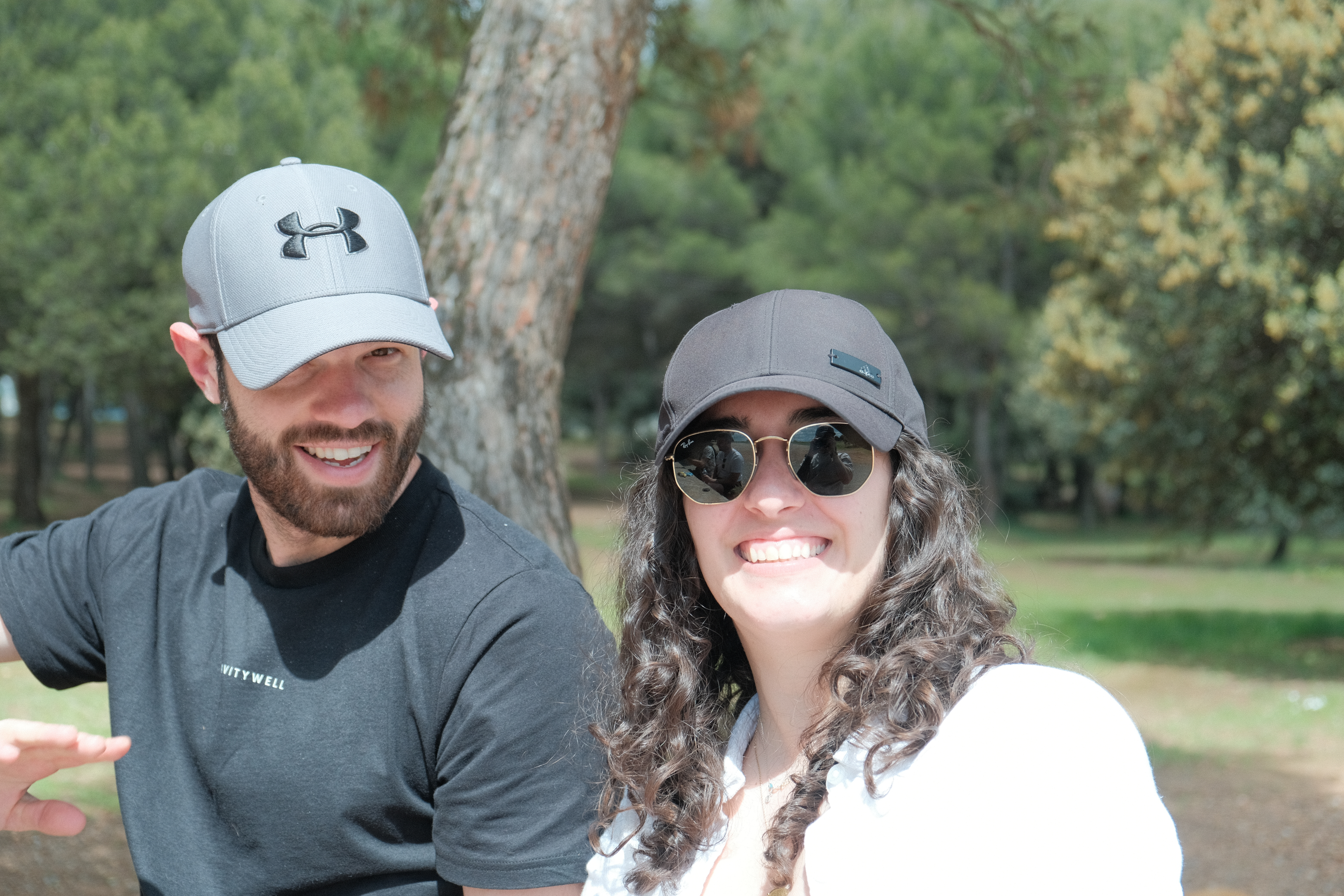Impact & Sustainability
Our Vision
Some businesses are created to have a specific social or environmental impact. They exist to do good in the world - so it’s easy to see how and why they make a difference.
But what about all the other businesses, who don’t exist exclusively for social good but who still think it matters? How can we run ethical, sustainable businesses in any industry?
That’s where Gravitywell comes in.
We aim to support all tech businesses - no matter their industry - to grow sustainably and keep impact at the heart of success.

Purpose
We build tech startups.
And that could be all that we do. But Gravitywell is made up of people who care about protecting the planet, making an impact and giving back to our local communities.
We're surfers, hikers, plant-lovers and more - so we want our work to reflect what matters to us.
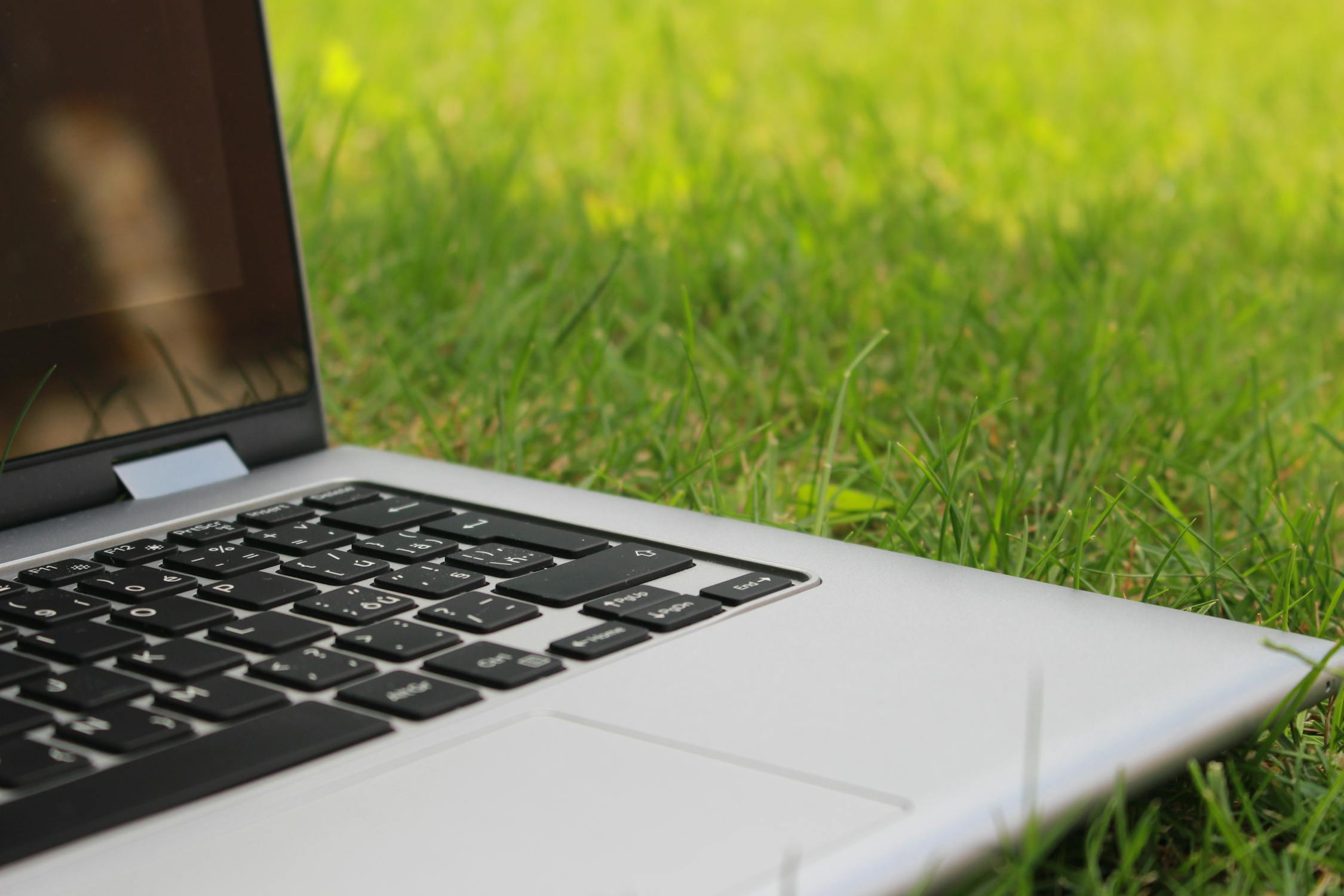
Green business for all
At Gravitywell, we believe that every business deserves the opportunity to build, scale and innovate ethically and sustainably - from day one. By integrating this into every step of a startup’s journey, we take action early and build businesses with strong foundations.
Scale consciously
Growth and profit can be the measures of a good business - but so are impact, team happiness, work-life-balance, innovation and customer loyalty. We encourage our clients to consider success through a wider lens and to pursue the version that suits them - even if it doesn’t fit the traditional expectations.


People
We don't do bureaucracy.
Instead, we do our best to work in the same ways that we live the rest of our lives - having fun, sticking to our morals and giving back where we can.
We're all individuals, and we encourage everyone to ask questions and bring their own perspective to the job. After all, it's our differences that make it interesting to work together!
From camping trips and hackathons in Spain to after-work beers and summer parties, we're a friendly bunch - but we also recognise the opportunities we have to do good.
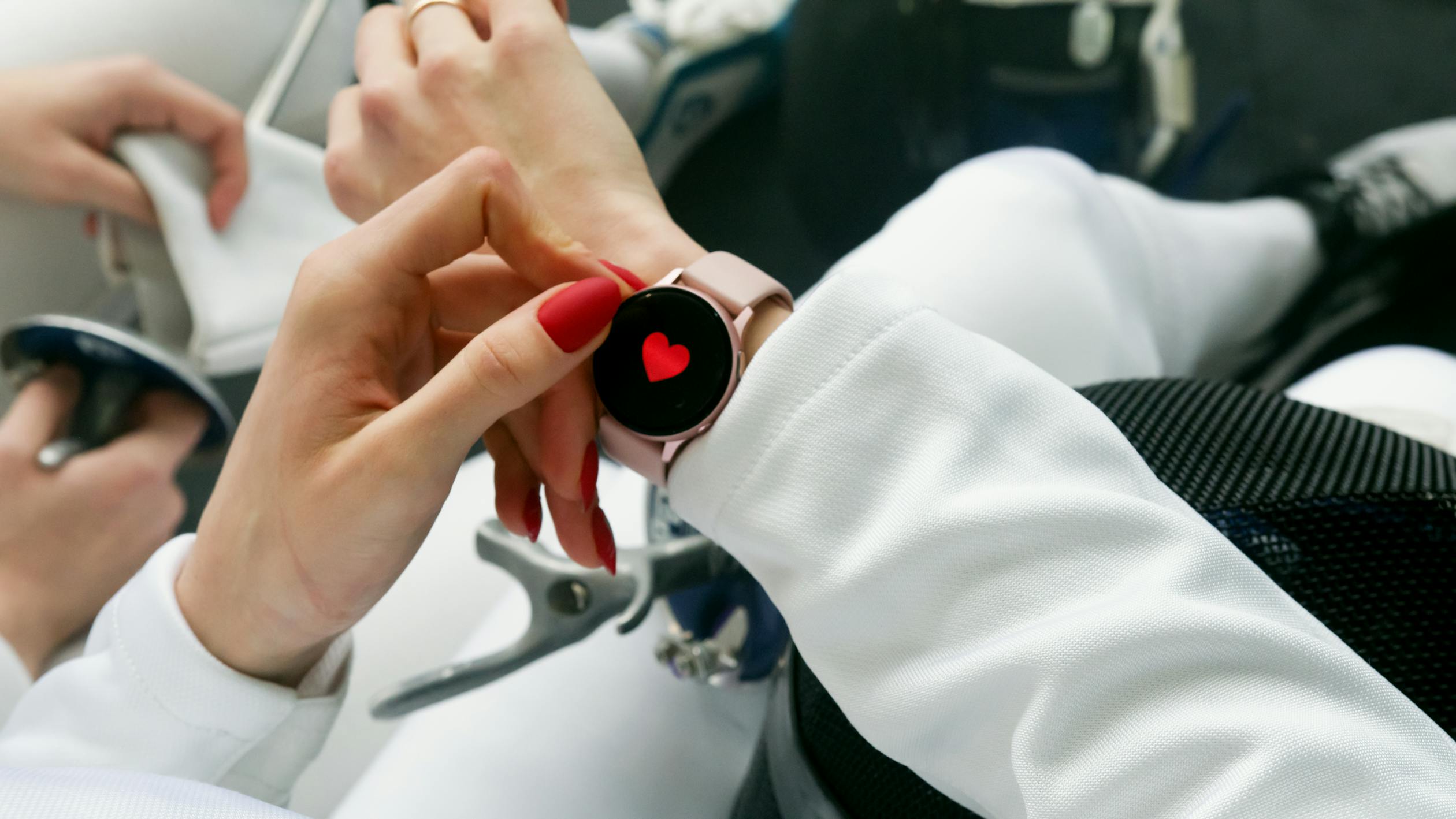
Build humane technology
Some technology is designed to steal our attention and sell our data - without considering the impact that has on us as people. We aim to build businesses and platforms which solve problems for their communities, and which acknowledge and lessen any negative side-effects. A number of our team members have completed the Center for Humane Technology’s Foundations of Humane Technology course, and we keep what’s best for our users at the forefront of our minds in everything we do.
Keep a balance
Whilst our jobs are important to us, we all have other things in our lives that sometimes can - and should - take priority. From flexibility for the school run to afternoons spent in nature, we do our best to talk openly about the pressures of our industry and to keep work balanced with everything else we’re up to.
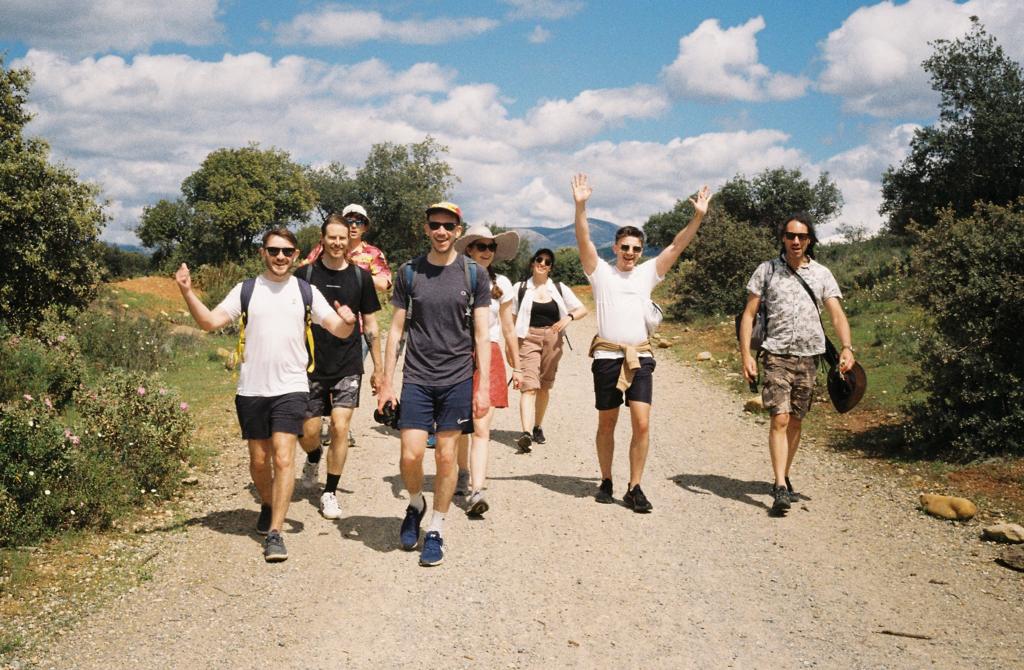

Hold ourselves accountable
Going through the BCorp process has allowed us to pat ourselves on the back for some really good things - and focussed our attention on what more we can do. We see ethics and sustainability as an incremental journey where enough small, maintainable steps can make a huge difference. That’s why for us, BCorp is a starting point - not a goal - and we’re always looking for opportunities to question and improve the ways we work and do business.
Give back
We offer our time, knowledge and physical ability to good causes in our local area, from free talks and workshops to pro-bono work. We recently spent a morning planting trees with One Tree Per Child, a Bristol re-wilding initiative.
We dedicate time to help charities and social good initiatives without the resources to pay for development time. Recently this has included helping with pitch decks for an environmental charity, and working with the Epilepsy Society on a project to lessen the risks of social media for those who suffer with epilepsy.
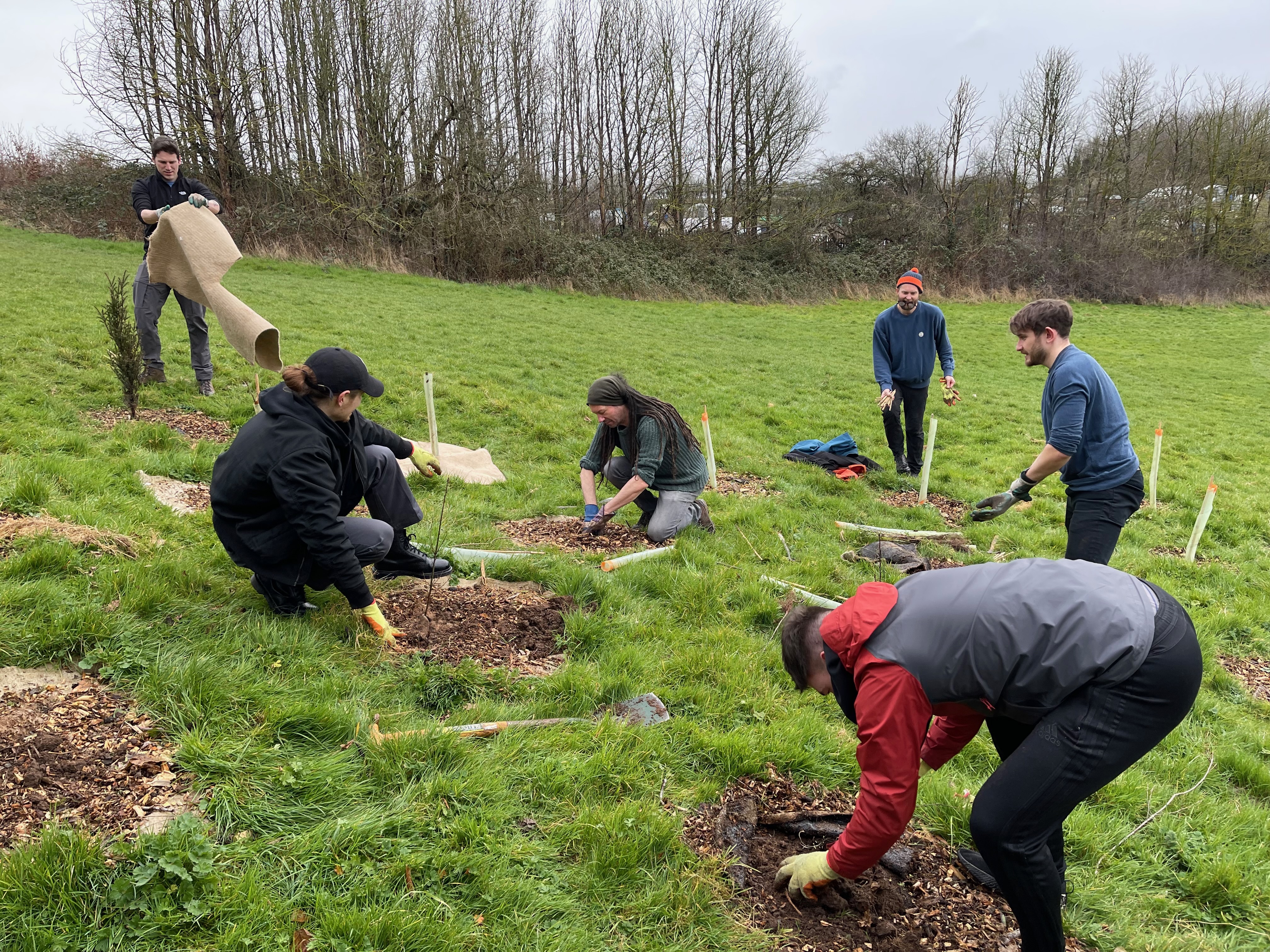
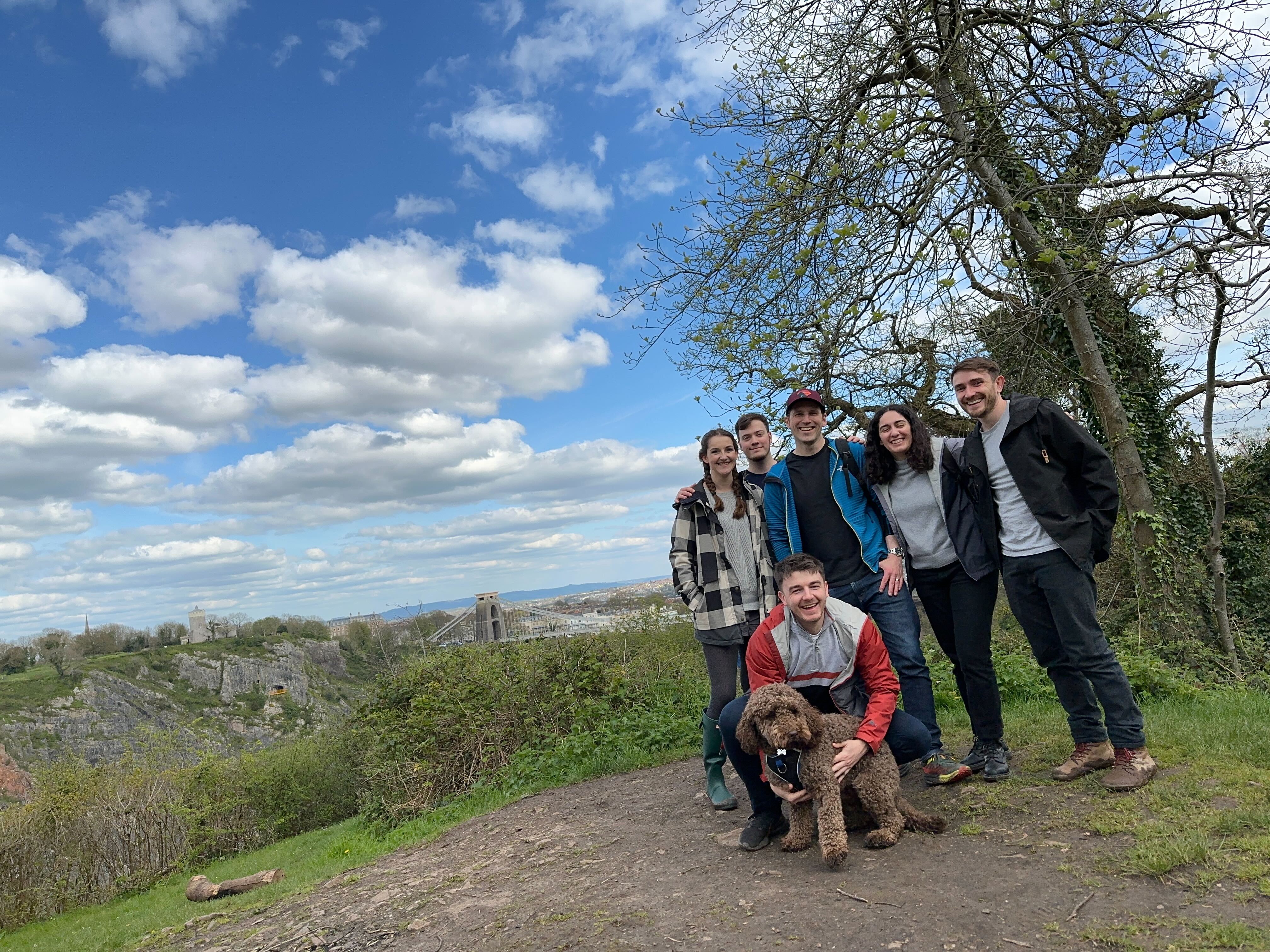
Planet
Whereas we can see the plastic packaging in landfill or sewage on our beaches, it can be hard to visualise the impact of the technology we buy, use or build.
But data centres - physical buildings where data is stored and processed - are expected to contribute 3.2% of the worldwide carbon emissions by 2025. And electronics contain rare earth materials which are energy-intensive to source and near-impossible to recycle. Buying, using and disposing of technology has more of an impact than it might seem.
One of the more insidious things about the impact of technology is that it’s not clear who’s responsible for it. The manufacturer who designs phones to break, or the phone network that sells an upgrade every year? The companies who own the data centres, the businesses that pay to use them, or even the users who cause the internet traffic?
It’s a tough question to answer, but the simplest answer is: all of them. In our own way, we all have some part to play in improving the environmental impact of technology, whether it’s by being more conscious consumers, writing more efficient software, or by pushing suppliers to make greener tech a priority.
As a company who use, design and build technology, we have a lot of opportunities to think about our ways of working and how they affect the environment. Below are a number of the things we do to reduce our impact - both for us and our clients.
We’ve taken some prompts from these Principles of Green Software Engineering.
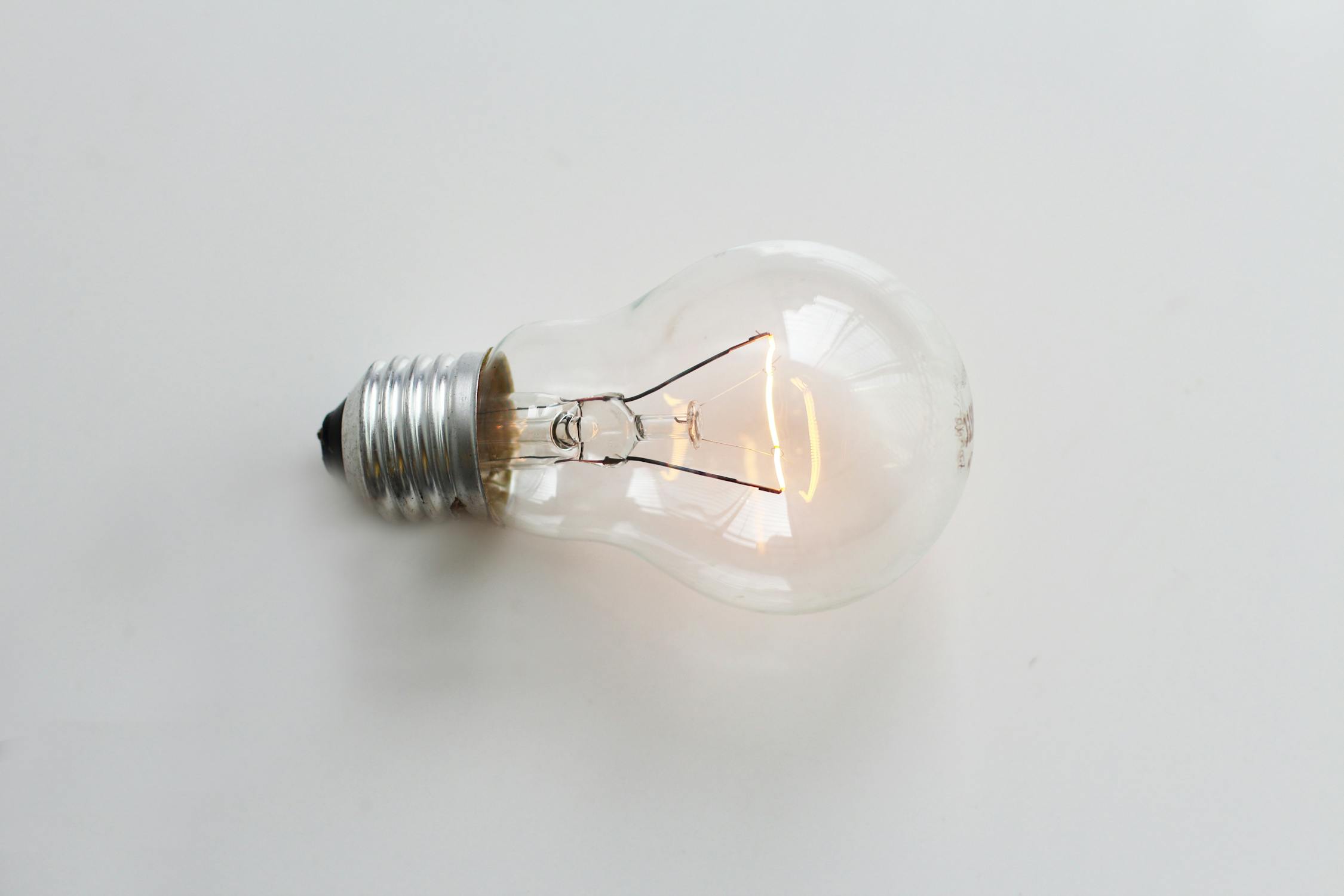
Minimise energy use
We aim for our software to use the minimum energy possible, since more energy is linked to higher environmental impact. We try to take responsibility of this side effect, by writing efficient code with the minimum computation necessary.
Maximise use of renewable energy
Our energy grid is made up of a combination of renewable energy sources - wind, solar and geothermal energy for instance - and more harmful sources like oil and gas. Renewable energy sources can’t be scaled on demand, so if we need more energy at peak times it has to be generated from the more damaging sources.
At night, there is a surplus of renewable energy (such as wind power), so we make the most of this by running software background tasks during these times of lower demand - also helping to relieve pressure at peak times.


Use hardware efficiently
We think carefully about the hardware we use, and minimise the initial embodied carbon by tailoring what we buy to its intended use.
For instance, our software engineers may need higher performance machines than management or marketing teams - so we account for that by choosing the right spec for the job.
Look after it
We try to keep our hardware in good condition and extend its life by looking after it properly. We restart laptops regularly, keep them up-to-date, charge them efficiently and use energy-saving features like screen brightness adjustments.
Software engineers are careful to avoid running local development servers overnight, which can put unnecessary pressure on the machines.

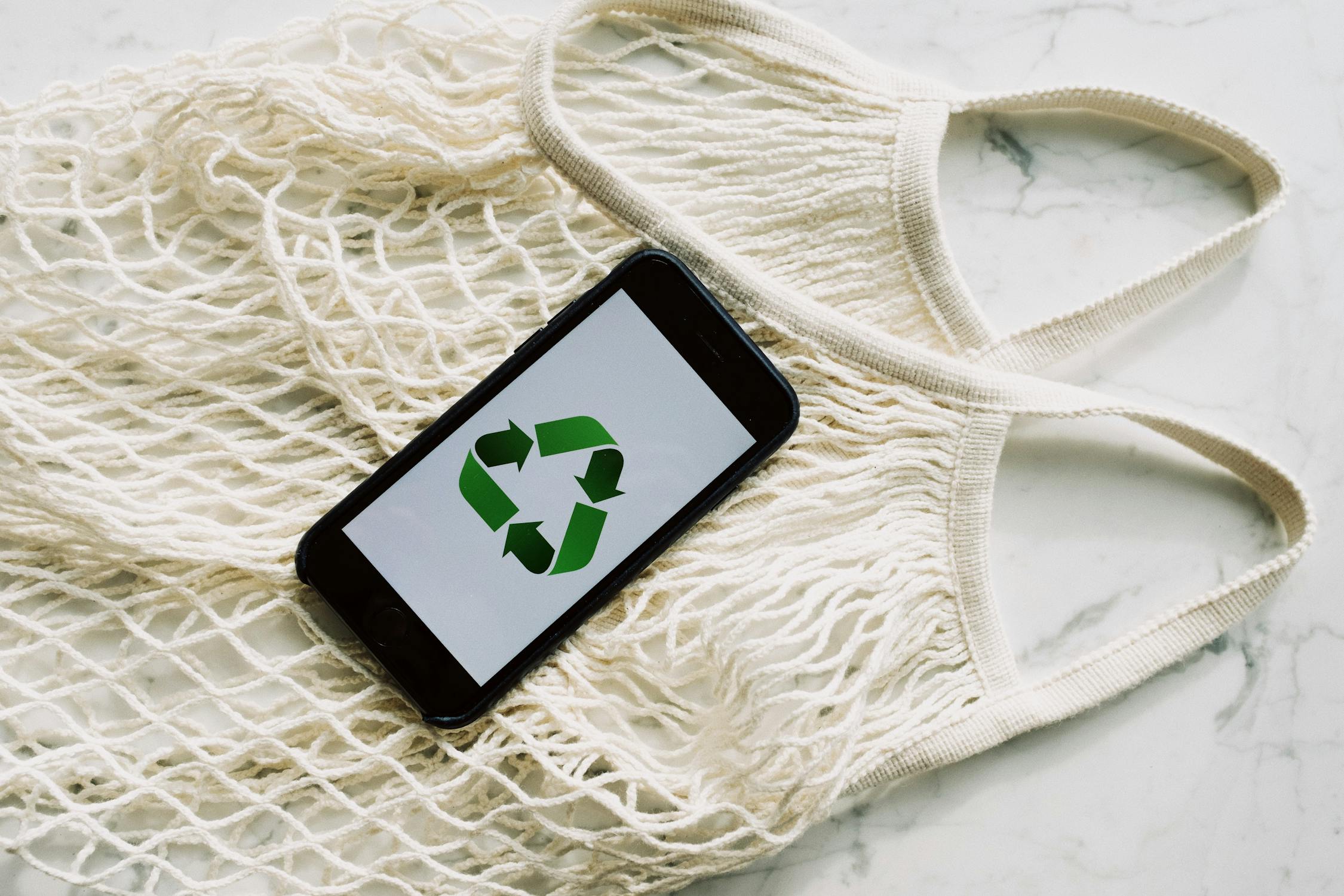
Reuse it
We don’t throw hardware away unless it’s broken and can’t be fixed. We always first check if a spare piece of hardware can be used in the team - for instance by handing older high-spec development machines to non-technical staff who won’t use them so heavily. If there’s no use for the hardware for us, we always look to re-sell or donate to a trusted third party, so the technology can benefit someone else. And if something really does have to go, we make sure to dispose of electronic waste safely.
Only use what we need
Most servers are always on, meaning that they sit idle until they’re needed for a task. This is convenient but not energy efficient, as idle resources still consume energy and have a huge environmental impact over time. To avoid this, we use serverless technology - which means that we only use server computational power when we need it, and free it up for other people to use when we don’t need it. This has a significant positive impact as it reduces our idle time to near-zero, whilst also reducing the number of servers needed in total by sharing them between companies and software projects.
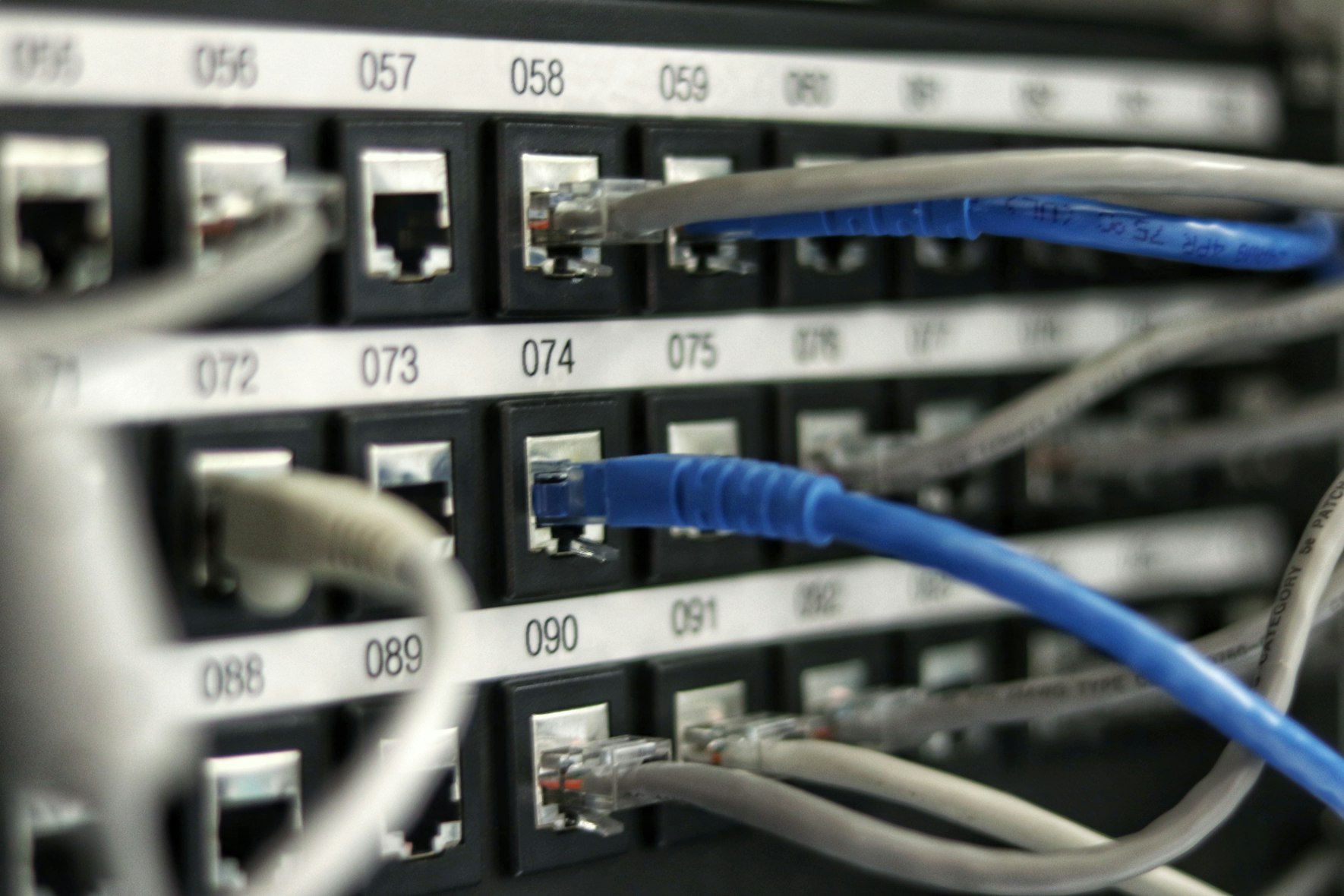

Maximise hardware utilisation
We auto-scale our hardware to maximise utilisation of any single resource, improving energy efficiency. When we need to implement auto-scaling we think carefully about the thresholds at which we should be making use of an extra server, and split the traffic equally to balance utilisation across all servers and keep efficiency as high as possible.
Keep data nearby
We choose data centres that are as close to our end users as possible - generally London where possible, and Ireland as a backup. On projects with the majority of users based outside of the UK, we make appropriate adjustments to keep data transfers short-range.
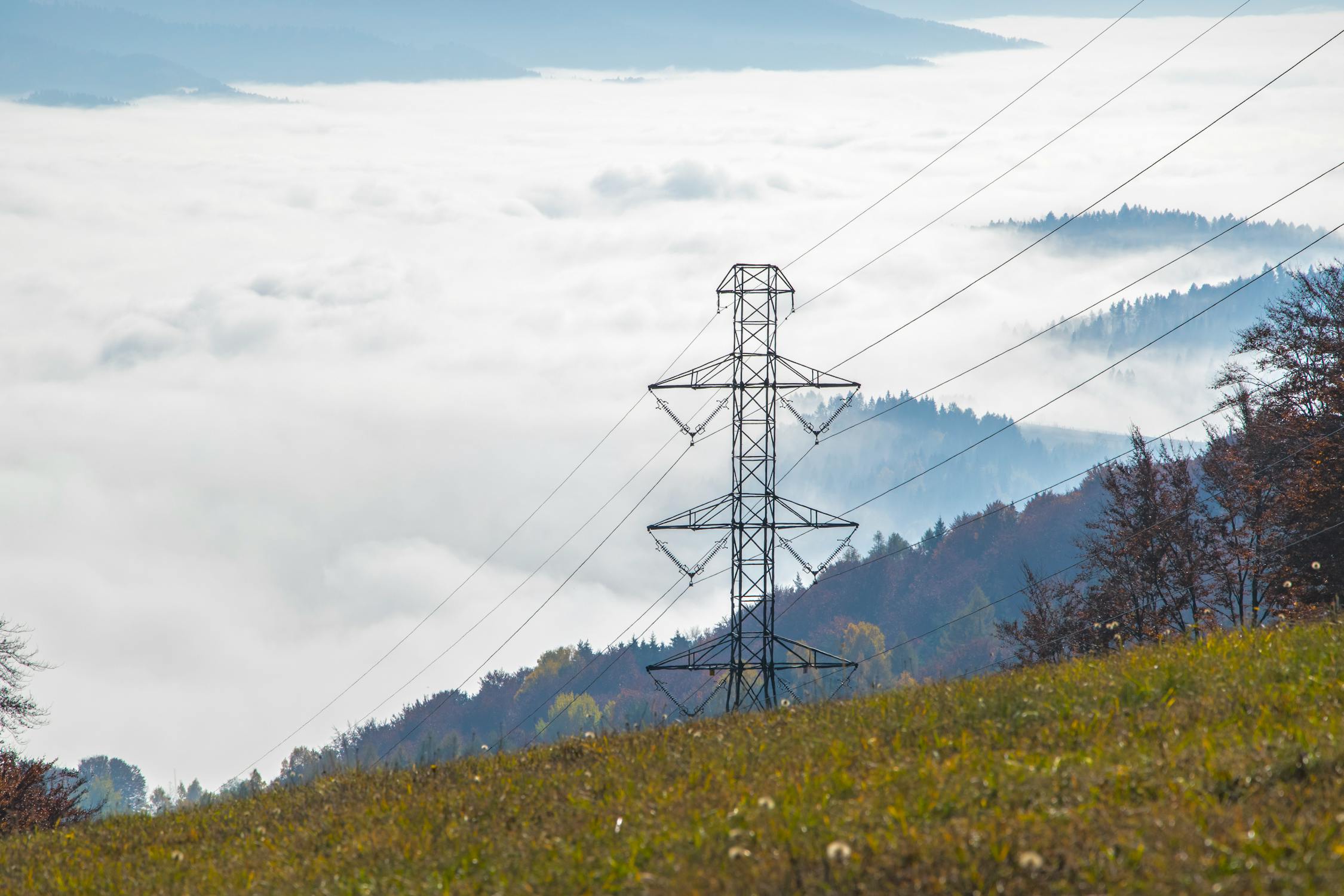

Minimise requests & data
A lot of the work we do relies on building APIs, which are a bit like real-life libraries - they store and provide access to information. Because retrieving and delivering this data uses energy, we design APIs carefully so that they provide the minimum data necessary at any time - like finding someone the chapter they need, rather than the entire book.
Work somewhere that cares
Our office is in a co-working space called Impact Working, which has strong social and environmental goals and is aiming to become a BCorp. We’ve helped transitions to sustainable office supplies, reduced plastic waste and better recycling - and we’ll keep making suggestions!
